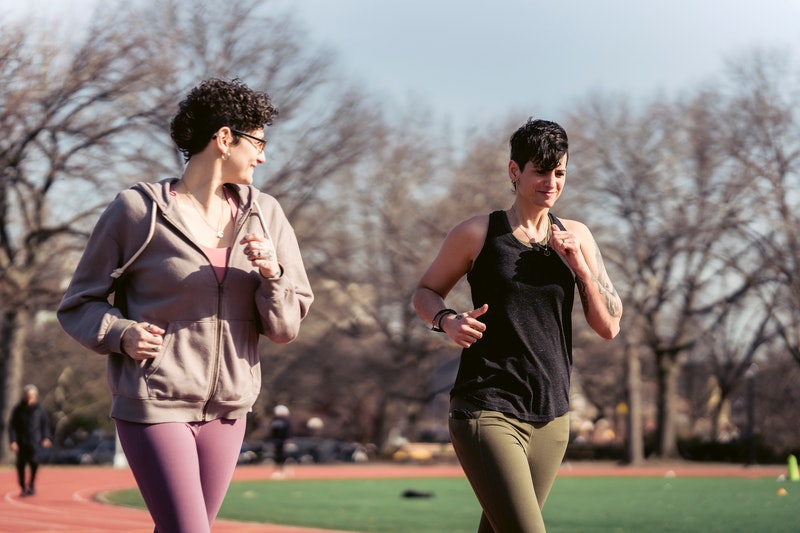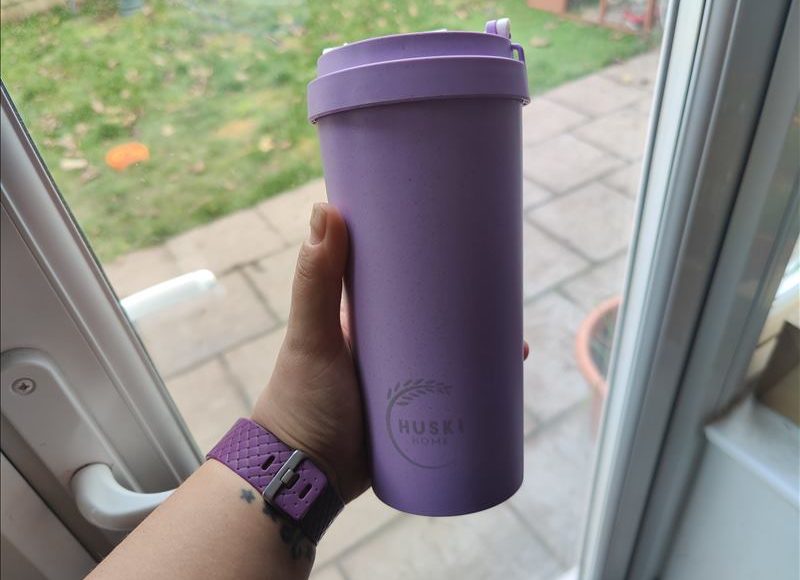Creating Good Habits

Everyone has habits. Some are good, some are bad. We all want to make good habits as they can add joy to our lives and make life easier. It is believed that good habits can be formed in as little as 21 days. However, it does depend on the person and requires commitment. Here are some of the key points to consider when trying to learn new habits.
Repetition
The key to learning a new habit is repetition. Keep doing your new habit repeatedly. This can help to reprogram your brain, so your new habits become instinctual. For example, if your new habit is to read more, take time every day to read and the repetition will cause you to reach for your book more frequently.
Leave yourself reminders to help you. You could leave post-it notes to remind you. If your habit is to drink more water, always carry a bottle of water around with you.
Be Active
Walt Disney said, “The way to get started is to quit talking and begin doing”. To create a new habit, you have to actively put in the effort. If you are willing to try and put in the hard work, you can create good habits. Once you have put in the effort to create the new habit, it will be effortless to continue the habit.
Don’t Give Up
Creating a new habit can be hard, but don’t give up. Although you need to put in the effort to create a new habit, If you forget one day simply try again the next day. You haven’t failed if you miss one day. Don’t give up.
Never Allow Exceptions
Although it is ok if you forget once or twice, never intentionally give yourself a day off. To make a new habit, you do need self-discipline and a commitment. Once you have the habit, you can give yourself a day off. But until then, any days off may slow down the habit from forming.
Make it fun
One of the best ways to stick to new routines and embrace positive habits is to make the process fun. Many people start a new fitness regime, for example, with high levels of motivation and enthusiasm, which gradually wane. If you find it hard to stick to a plan, make it as enjoyable as possible. Get into the great outdoors or swap a stuffy commute for a ride in the fresh air on a full suspension electric mountain bike. Go to yoga, dance or boxing classes with friends or colleagues or join a local running or walking club. Try team sports to make new friends or develop your skills with a new hobby, such as Pilates, trampolining or acrobatics. If you enjoy something, you’re more likely to devote time and effort to it, which will enhance your physical and mental health.
Tell Others
If you tell your friends and family about any habits you are trying to make they can offer support. They may wish to join you on your journey, or they may just offer encouragement.
You could join a support group. If your habit is exercising more, you could join a local jogging group. Similarly, if your habit is to read more, join a book club. This will help not only with your new habit could help you make new friends.
Start Small
New habits aren’t formed overnight. Be prepared to start slow and work your way up. If you go in with too much expectation, you may find yourself struggling with your new habit. For example, if your new habit is to exercise, you may yourself in pain or achy when you finish your first run. Start with something small that is no trouble to do. you can then add to your new habit.
Remember Why
If you are creating a new habit, you should always remember why you are doing it. Having a clear reason for your new habit make you more like to succeed. If you are trying to read more, remember why you enjoy reading and what benefits reading brings.
Creating New Habits
It takes time and effort to build a new habit. However, once you have developed this new habit, the benefits can be numerous. Once you have created your new habit it will start coming as instinct and so the effort is only temporary, but the effects can be long lasting.





